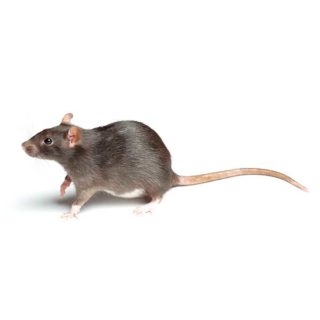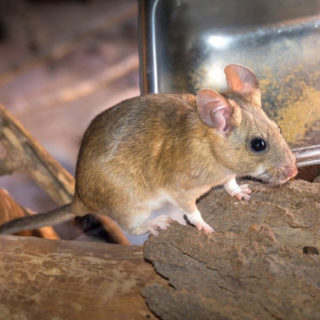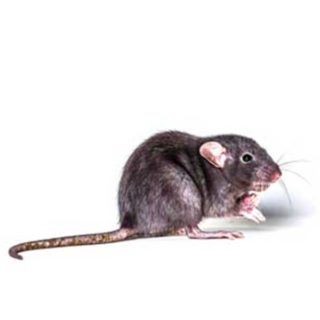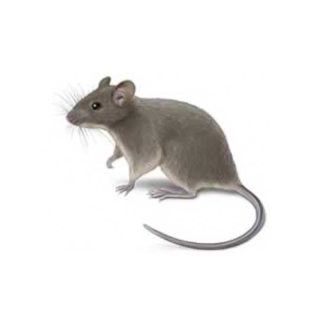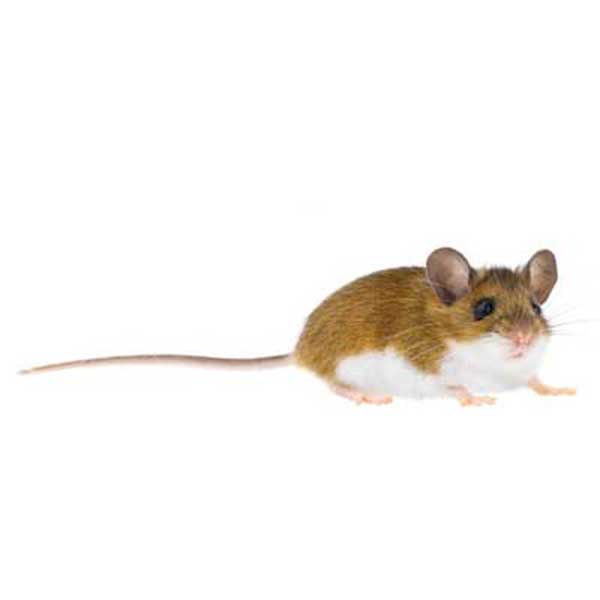
Deer Mice in Kailua Kona
Deer mice, commonly known as field mice or white-footed mice, are found in most regions across North America, including woodlands and desert areas. Although they prefer living outdoors in rural areas, they can also occasionally be found in homes. They are a common pest in agricultural areas but may seek shelter in homes during winter. These rodents are most active at night and prefer to eat insects, seeds, nuts, and berries.
Deer Mouse Habitat
Like most rodents, deer mice are nocturnal, spending their days in cup-shaped nests built from stems, leaves, and fibrous materials, lined with feathers or shredded cloths. These nests are often found in tree hollows, fence posts, underneath logs or rocks, and abandoned squirrel or bird nests. In residential settings, deer mice build their nests in quiet areas like basements, attics, garages, and crawl spaces. Deer mice do not hibernate and remain active throughout the winter, occasionally seeking refuge in homes, especially in storage boxes, wall voids, and upholstered furniture.
Deer Mouse Behaviors, Threats, or Dangers
For the majority of the year, deer mice reside in outdoor areas that are dark, quiet and will remain undisturbed. As temperatures drop in the fall and winter, deer mice may invade homes, garages, sheds, and occasionally vehicles. Once indoors, they will nest in basements or attics. A deer mouse can pose a significant threat to humans due to their ability to transmit the dangerous—and potentially lethal—hantavirus. This disease is typically transmitted through contact with mouse carcasses or by inhaling airborne urine droplets from infected deer mice.
If you have a deer mouse infestation in your Kailua Kona property, always contact a licensed rodent control company.
Need help with Deer Mouse control?
Need Pest Control Service?
Leave your information below and we’ll be in touch with a FREE quote!
"*" indicates required fields
*During normal business hours. After hours calls will be returned the next business day.

